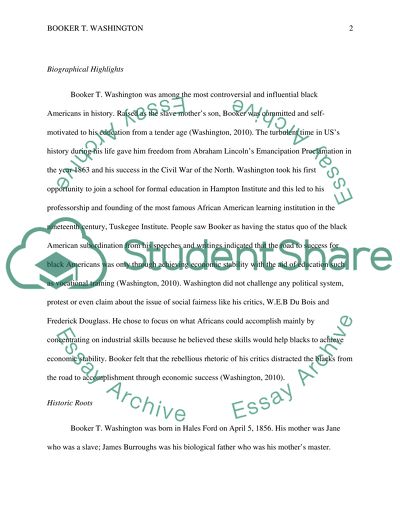Cite this document
(“About Booker T. Washington (1856-1915) Research Paper”, n.d.)
About Booker T. Washington (1856-1915) Research Paper. Retrieved from https://studentshare.org/history/1492669-about-booker-t-washington
About Booker T. Washington (1856-1915) Research Paper. Retrieved from https://studentshare.org/history/1492669-about-booker-t-washington
(About Booker T. Washington (1856-1915) Research Paper)
About Booker T. Washington (1856-1915) Research Paper. https://studentshare.org/history/1492669-about-booker-t-washington.
About Booker T. Washington (1856-1915) Research Paper. https://studentshare.org/history/1492669-about-booker-t-washington.
“About Booker T. Washington (1856-1915) Research Paper”, n.d. https://studentshare.org/history/1492669-about-booker-t-washington.


